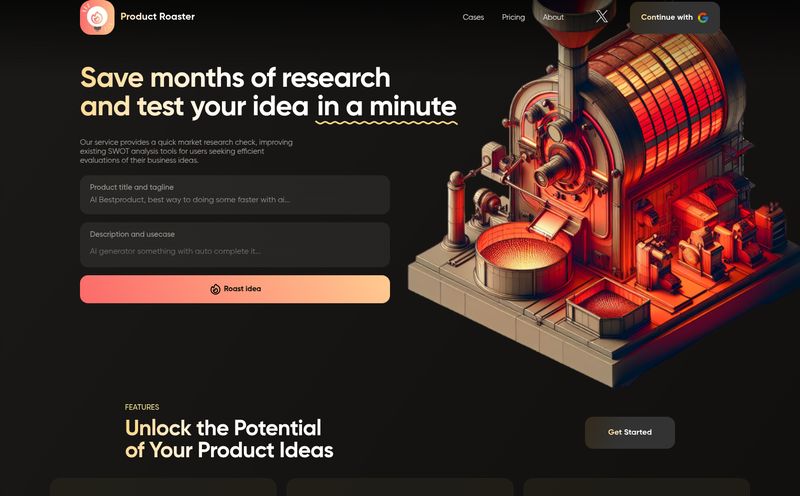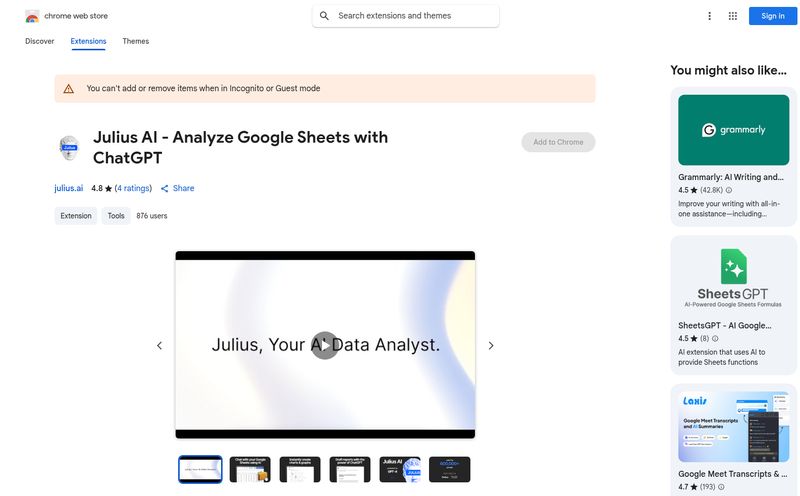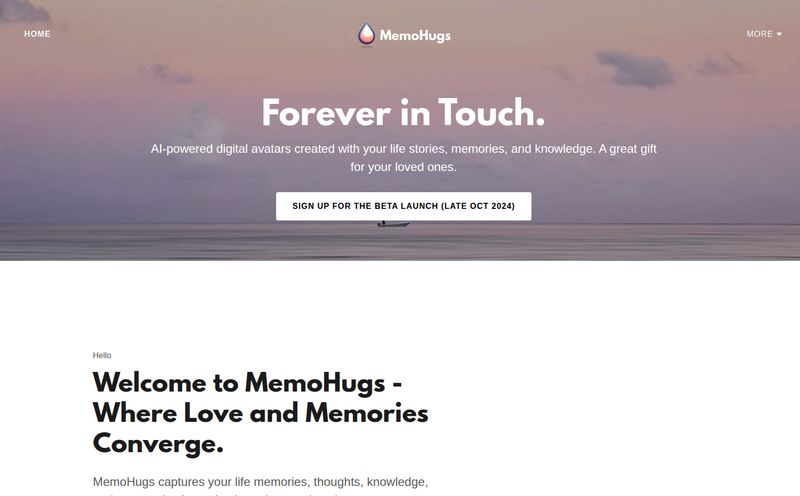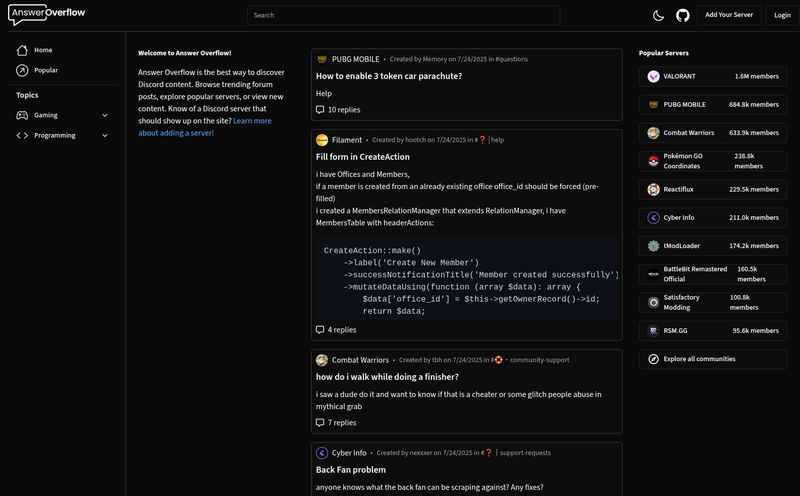I still remember the feeling. Sitting in a stuffy guidance counselor's office, posters of smiling, diverse students on the walls, trying to map out the next forty years of my life at age seventeen. The advice was always the same, wasn't it? “Follow your passion!” or “STEM fields are the future!” It all felt so… generic. Like a horoscope for your career.
We’ve all been there. You pick a major that sounds interesting, you spend thousands of dollars and countless all-nighters fueled by cheap coffee, and you walk across a stage, grab a diploma, and think, “Okay… now what?” The path from a degree in, say, Anthropology to an actual paying job isn’t always a straight line. It’s often a tangled, confusing mess of good intentions and surprising turns.
For years, our best source of information was anecdotal. “Oh, my cousin’s friend got a great job with a Philosophy degree.” Cool, but what about the other 99%? In an age where we have data on everything from our sleep patterns to the most efficient route to the grocery store, it’s always felt a bit backwards that our biggest life decisions are based on guesswork. Well, a tool I stumbled upon recently, Course Decode, is trying to change that.
So, What Is Course Decode, Really?
Let's get straight to it. Course Decode is a web tool with a beautifully simple premise: it shows you what people with a specific degree actually do for a living. No fluff, no motivational quotes. Just data. It does this by analyzing a massive dataset of, at last count, nearly 350,000 LinkedIn profiles to map the lines between a field of study and a job title.

Visit Course Decode
Think of it like a career weather forecast. It can't tell you with 100% certainty that it's going to rain on your parade, but it can show you there's a 90% chance of showers. It’s a tool for managing expectations and making an informed bet. Instead of blindly following your passion into a field with murky job prospects, you can see where others with that same passion have landed on their feet.
My First Impressions and a Quick Walkthrough
The homepage is refreshingly minimalist. You're greeted with a simple question and two search boxes: “Field of study” and an optional “College.” That’s it. No pop-ups, no lengthy sign-up process. I love that.
I decided to take it for a spin with a classic: Computer Science. I typed it in, hit 'Go', and was presented with a breakdown of career paths. It’s the kind of hard data that would have been gold for my younger self. You can see the percentages of graduates who became Software Engineers, versus Data Analysts, versus Product Managers. It's not just a vague promise of a 'tech job,' it's a specific, quantified reality based on the career histories of thousands who walked that path before you.
The Real Power of This Data
The real magic here is moving past anecdotes. We all know that one person who majored in Art History and is now a high-flying corporate lawyer. That's a great story, but it's an outlier. Course Decode helps you see the trend, not just the exception. It grounds your aspirations in reality.
I can see this being incredibly useful for a few different groups:
- High School Students: Staring down the barrel of college applications? Use this to test-drive a few potential majors and see what the future might hold.
- College Students: Having that mid-sophomore-year crisis? You're not alone. Seeing the diverse roles your fellow graduates have found could open your eyes to possibilities you hadn't considered.
- Career Changers: Thinking about going back to school for a Master's? Before you drop a ton of cash, you can get a glimpse into whether graduates are actually getting the jobs you're aiming for. It's a fantastic, free first step in your research.
But Let’s Be Realistic: The Limitations
Alright, as an SEO and data guy, I’m naturally skeptical. No tool is perfect, and we have to talk about the caveats. Course Decode is powerful, but its not a flawless crystal ball.
The LinkedIn Bubble
The first and most obvious point is that the data comes only from LinkedIn. And who uses LinkedIn? Primarily, it’s a self-selecting group of white-collar professionals. According to Pew Research Center data, LinkedIn users are more likely to have higher education and higher incomes. This means the data might not fully represent outcomes for jobs in trades, the arts, or fields where a LinkedIn profile isn't standard. It’s a specific slice of the professional world, and its important to remember that.
The AI Black Box
The site uses AI to analyze and categorize the jobs. This is efficient, but it can have its own biases or make weird connections. We don't get to see the nitty-gritty of the algorithm. Is it correctly interpreting a fancy, made-up job title like “Innovation Ninja”? Maybe, maybe not. You have to take the output with a grain of salt.
Database Quirks and Errors
I also ran into a few “Field not found” errors when I tried searching for more niche degrees. This suggests the database is still growing, or maybe just very focused on mainstream, US-based college programs. If you studied something very specific or attended a non-US university, you might not find what you’re looking for just yet. A minor frustration but worth noting.
So, What's the Price Tag?
Here’s the best part. As of this writing, Course Decode is completely free. There’s no pricing page, no credit card required, no freemium model with locked features. You just go to the site and use it.
In my experience, tools this useful don't stay free forever. My guess is this is an early version, and the creators are gathering feedback. So my advice? Get in there and use it now while the getting is good.
Frequently Asked Questions
Is Course Decode free to use?
Yes, as of late 2023, the tool is completely free to use. There are no fees or subscriptions required to access its data.
Where does Course Decode get its data from?
The platform analyzes publicly available data from nearly 350,000 LinkedIn profiles to determine the career paths of graduates.
Is the data from Course Decode 100% accurate?
No, and it doesn't claim to be. It's a statistical analysis of a specific dataset (LinkedIn profiles), which has its own biases. Think of it as providing strong directional trends and probabilities, not absolute guarantees.
Can I search for degrees from colleges outside the US?
The platform appears to be heavily focused on US colleges and degrees. While some international data might be present, its primary strength is in the US market.
What if I can't find my specific field of study?
Try searching for a broader, related field. If your degree is very niche or new, it may not be in the database yet. The "Field not found" error suggests the database has its limits.
Final Thoughts: A Glimpse, Not a Guarantee
So, is Course Decode the single answer to all your career anxieties? Of course not. But it’s a fantastic, long-overdue step in the right direction. It's a tool that empowers you with data, helping you move from a place of pure hope to one of informed strategy.
Choosing a career path will always be a personal decision, full of passion, intuition, and a little bit of luck. But having a map of the territory, even a slightly imperfect one, is a game-changer. Course Decode gives you that map. It won't tell you where to go, but it will show you the roads others have taken, and for anyone standing at a crossroads, that’s incredibly valuable information.



